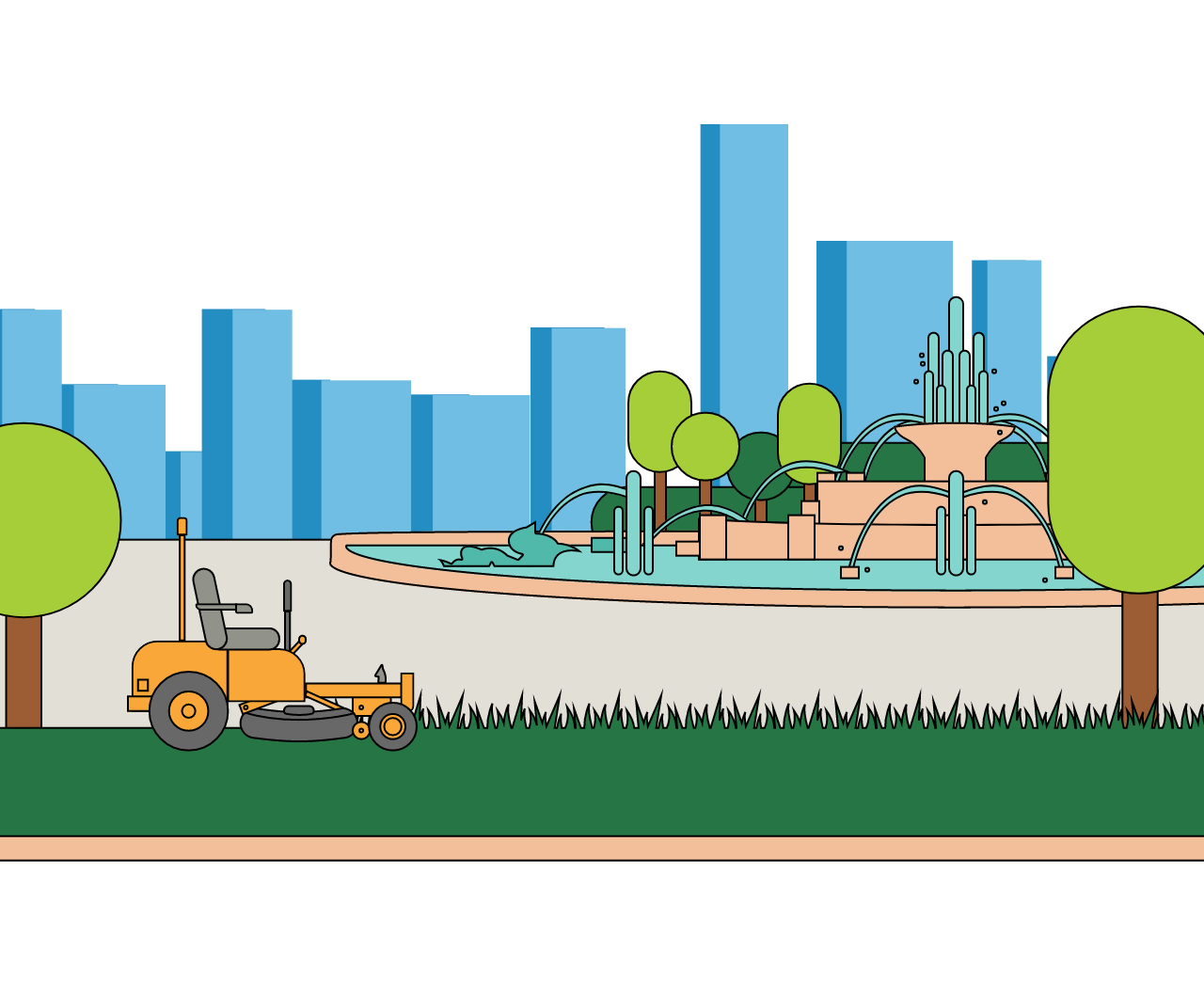As the population grows, streets become more crowded, supply and demand increases, and more pollution is released into our air.


Small shift
Since biodiesel can be used on existing equipment and vehicles AND utilizes existing infrastructure, it’s an easy, environmentally friendly switch that requires no investment in new equipment or infrastructure overhaul.
So…
what is
Biodiesel?
Learn more about Biodiesel and its impact on Illinois.

Myth or Fact?
Myth or Fact?
Myth or Fact?
Myth or Fact?
Myth or Fact?